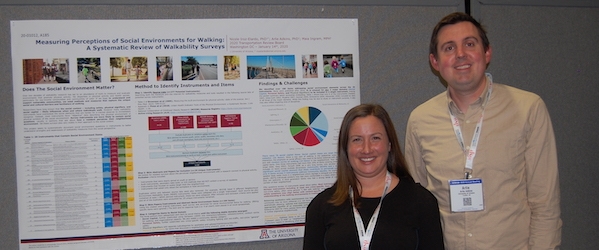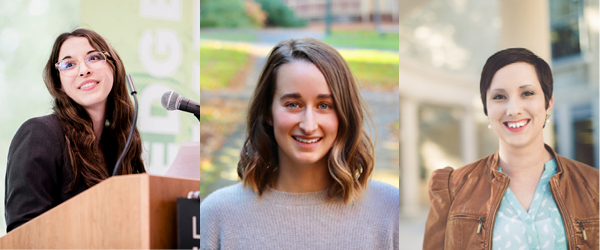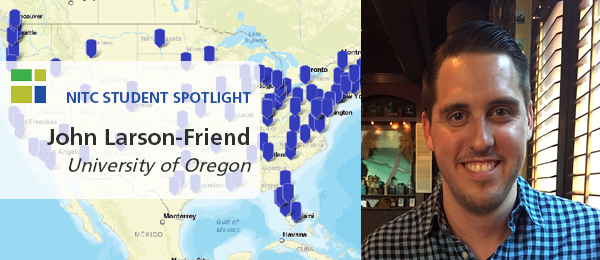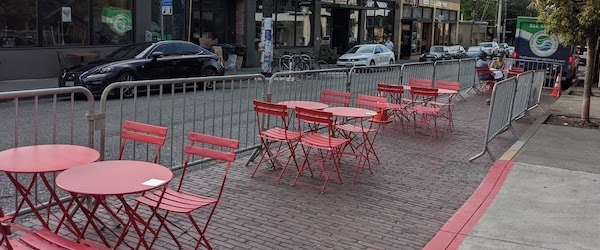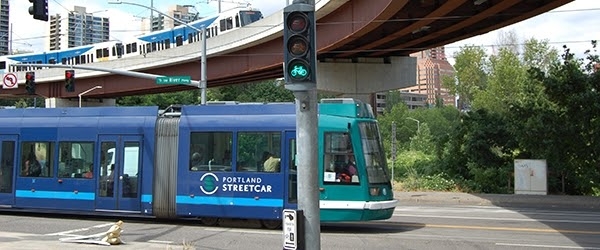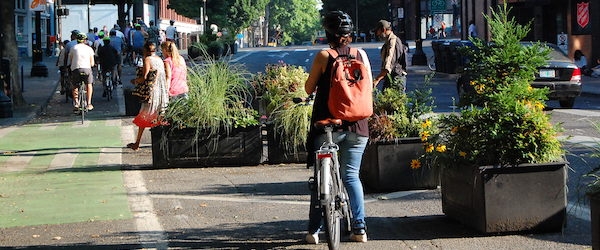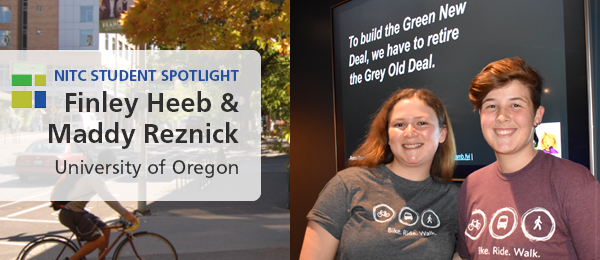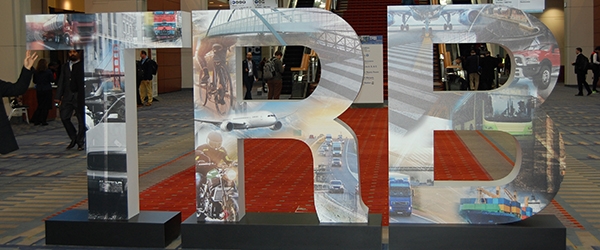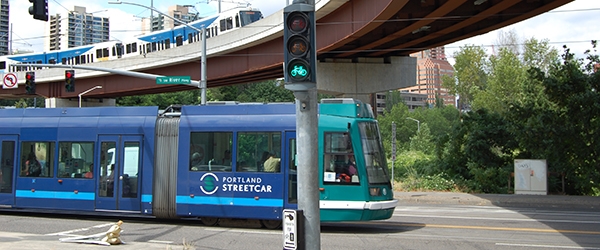Regional organizations use urban centers to incentivize local governments to align land use and transportation. An article in the December 2020 issue of Land Use Policy, by Rebecca Lewis and Richard Margerum of the University of Oregon, examines whether existing conditions and future plans for centers support regional goals.
The article draws on findings from their NITC project "Metropolitan Centers: Evaluating local implementation of regional plans and policies," with co-investigator Keith Bartholomew of the University of Utah.
Metropolitan planning organizations (MPOs) in the United States have instituted regional strategies to encourage development around mixed use, higher density urban centers in response to air quality and...
Read more

